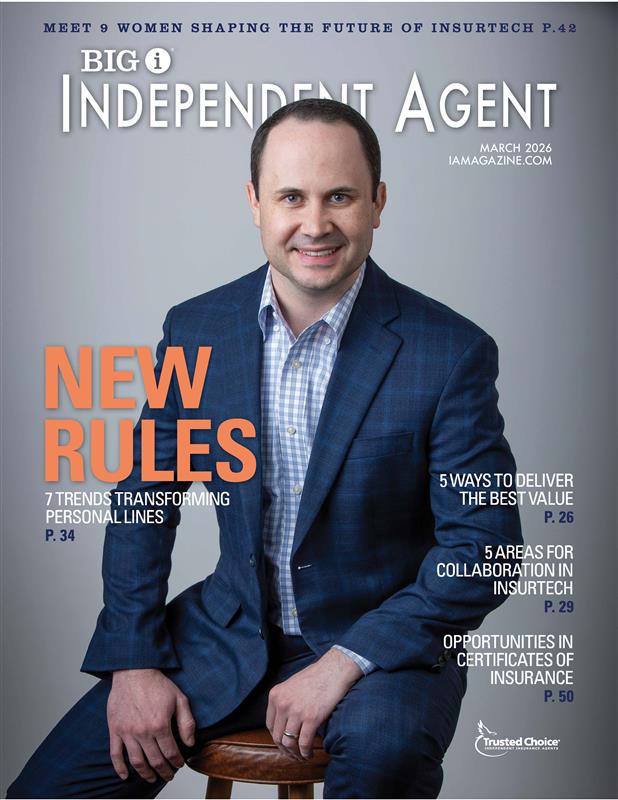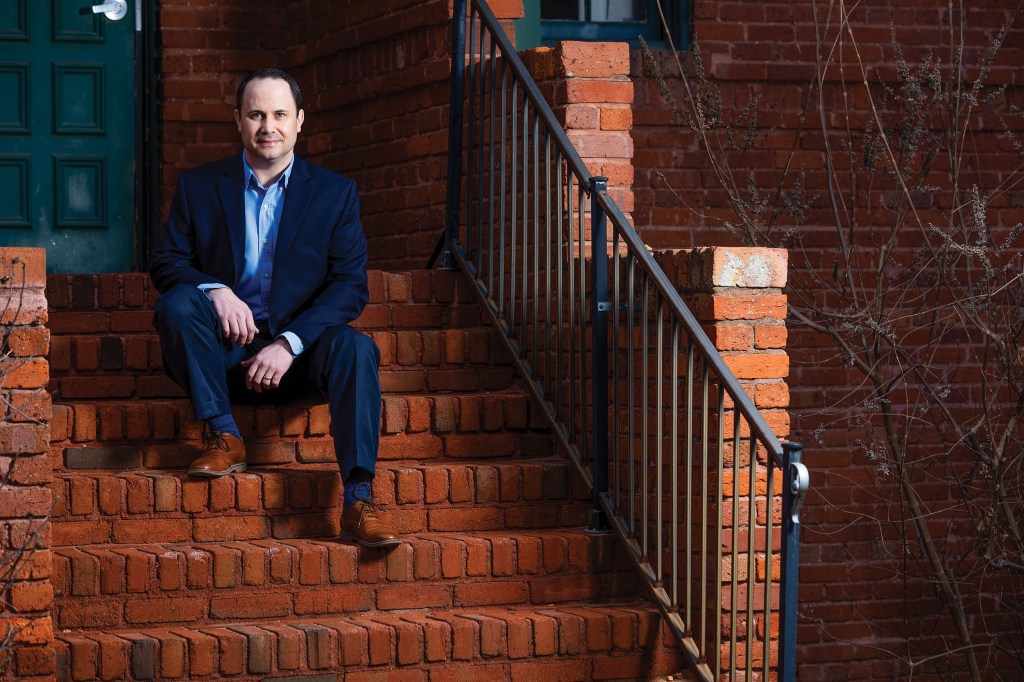‘We’re a Small Town’: Chubb Exec Outlines Priorities for New Company

By: Jacquelyn Connelly
On Jan. 14, six months after the companies first announced their plans for consolidation, ACE finalized its acquisition of Chubb.
The new company is using the Chubb name as the world’s largest publicly traded property-casualty insurer, boasting operations in 54 countries, exceptional financial strength and a broad range of personal and commercial insurance products.
What can independent insurance agents and brokers expect from the new Chubb? How will the company address ongoing transformation in the personal lines insurance market? And what’s next for the high net-worth customers that comprise Chubb’s personal lines insureds?
IA spoke with Fran O’Brien, division president, Chubb’s North America Personal Risk Services, to get the scoop for independent agents.
IA: How is the new Chubb doubling down on its commitment to agents and brokers by providing more coverage options and expertise?
O’Brien: The combined organization has a very strong balance sheet that supports our clients’ risk and our ability to pay claims. So there is no concern about capital. What agents have told us about the new Chubb is that they’re concerned that the market has become more consolidated and their customers will have fewer options. Do customers have all the choices they may want to build their insurance program?
What sets us apart from the rest of the market is that we have over 35 years of experience in the high net-worth personal lines space, so we have a much deeper understanding than any other carrier about our customers’ risks—what can go wrong, how to prevent it and how to repair it if it does go wrong. Collectively, we probably have handled more than two million claims over all these years, so we have a much deeper understanding of our customer than any other carrier out there. We’ll be taking the best products and services from the combined organization and building upon those and developing new products and services to meet our clients’ changing needs. And we’ll also be looking at the best ways to continue to support our agent and broker network through technology, educational opportunities and more.
Can you discuss Chubb’s plan to enhance products and services in the upper middle market? How will agents and brokers benefit from this?
People don’t tend to think about bad things that can happen to them until after they’ve happened. But the high net-worth customer faces unique risks and has very different insurance needs than the rest of the market. Our goal is to make sure we provide services up front to help our clients mitigate or prevent losses.
We have employees called risk consultants who go to a customer’s house equipped with thermographic cameras so they can look to see if there are any issues behind the walls of the home and give the customer advice on how to take care of it. Chubb’s risk consultants can offer information about mitigation devices that the client might want to install based on the structure and location of their home.
So if the client has a home in the northeast where they’re subject to freezing temperatures, there are devices that will shut the water off if a pipe bursts. The risk consultant may also suggest ways to lessen the chance of a pipe bursting, such as making sure they’re properly insulated. If the customer has a home in a hurricane zone, we can offer advice on how to protect the building with proper construction and shutters. Out in the western states where there’s been an increase in wildfires, we offer a service called Wildfire Defense Services that our customers can sign up for. If there’s a wildfire encroaching on their property, Wildfire Defense will help protect their property through a three-pronged approach: they clear the property of anything that could be considered fuel; they may set up sprinkler systems to wet down the property; and if worse comes to worst, they can apply a fire-retardant gel onto the home to help protect it if an ember lands on it. And there are many other services we offer, depending on the specific exposures to which the customer may be subjected to.
How is the personal lines industry changing in terms of marketing, agency education, tech and risk services?
Our agents have told us that they have a couple of needs that carriers can help them with. The first is recruiting good talent and being able to train that talent to be advisors for high net-worth clients as opposed to the general market. Two years ago, we started a program with the Wharton School that we refer to as the CAPI program—Certified Advisor in Personal Insurance.
Our objective is to provide our agents with a perspective on the types of risks that high net-worth customers are facing to protect their financial and physical assets so they are able to properly advise their customers. We want to help agents and brokers enter into that conversation in a way that adds value beyond just placing the homeowners or auto insurance policy.
We’re currently in the middle of our second class of agents and the feedback we’ve received on the CAPI Program has been outstanding. Agents have told us that this program is taking them to the next level in working with their clients as well as their clients’ other advisors.
Here at IA, we hear many of our personal lines agents citing a focus on high net-worth clients as the foundation of their success in this area. What do you see in the future for high net-worth personal lines and how does the new Chubb fit into this marketplace?
I’ve worked in in this market for more than 30 years and have watched as it has continually evolved. From an agent/broker perspective, technology is rapidly changing how they conduct their day-to-day business. In addition, agents and brokers are no longer viewed solely as insurance experts, but rather as trusted advisors who can provide end-to-end risk mitigation support. And our customers have moved more toward a hands-on approach to insurance; they want to be knowledgeable and involved in the process of protecting their assets.
The risks have also evolved and Chubb is continually looking at what’s ahead and thinking about how it will affect our clients and how we can protect them. Consider the Internet of Things. Is there a way for us to create services around IoT that will help better protect our customers? For example, if the home is connected, can you be alerted before a claim happens? As the market continues to evolve, we’ll continue to play a role in identifying new risks for our customers, new solutions to protect against loss and new opportunities for our agents.
This summer, Evan Greenberg said the new Chubb will “behave like a small company even though we’re large.” What are your thoughts on how Chubb will continue to deliver innovation and product customization despite its enormous, global reach and presence?
That is the way we’ve been talking about Chubb’s personal risk services. It’s the best of both worlds. When the customer or the agent calls us, we are a small town. We know their name, we take care of them, we give them great service, we respond in a quick manner and they speak to a real person. But on the other hand, we take advantage of our size to make sure that we are looking at the latest technology to improve our product and service offerings to our customers, and to innovate where other smaller companies may not be able to.
Jacquelyn Connelly is IA senior editor.










